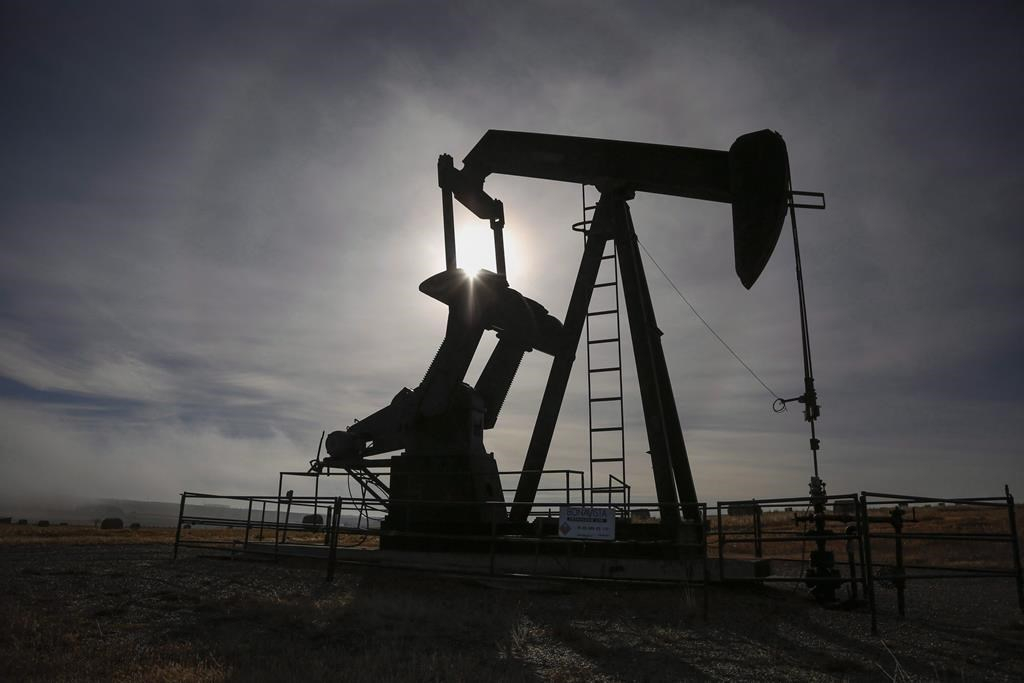Support strong Canadian climate journalism for 2025
International trade experts say it's a pipe dream to think the landlocked oil-producing western provinces would have an easier time getting their product to international markets if they were to split from Canada.
"Wexit" — an apparent play on the word "Brexit" used to describe the United Kingdom's planned departure from the European Union — was trending on social media after the Liberals secured a minority government in last week's federal election, but were shut out of Alberta and Saskatchewan.
Peter Downing, a founder of the western separatist movement that wants a referendum on separation, has said an independent country in the middle of the Prairies could leverage the United Nations Convention on the Law of the Sea to gain coastal pipeline access.
"We have more freedom as an independent country to get our resources to the coast than as part of Canada," he said the day after the election.
"We'll have the best of both worlds: We'll keep our money and we'll have access to the coast."
The UN convention, adopted in 1982, does say that "landlocked states shall enjoy freedom of transit through the territory of transit states by all means of transport."
However, it goes on to say that terms "shall be agreed between the landlocked states and transit states concerned through bilateral, subregional or regional agreements," and that transit states have the right to ensure their "legitimate interests" aren't infringed upon.
"It's not an unqualified right. They can't just say, 'OK, we need to get through here,'" said Silvia Maciunas, a fellow at the Centre for International Governance Innovation in Waterloo, Ont.
"They have to talk to the other state, which would be Canada."
The "means of transport" in the convention refers to railways, waterways, roads and even porters and pack animals, but the treaty specifies that landlocked and transit states would have to agree to add pipelines to the list.
Landlocked countries such as Ethiopia and Switzerland have long had agreements to use ports in other countries.
Bolivia, on the other hand, lost its ocean access in a war with Chile in the 1800s and has been fighting to regain it ever since. The International Court of Justice in The Hague ruled last year that Chile has no obligation to engage in talks with Bolivia.
"Had the court ruled in the favour of Bolivia, Chile would have theoretically been obligated to enter into 'good faith' negotiations, whatever the heck that means," said Carlo Dade, director of the Trade and Investment Centre at the Canada West Foundation.
"You can imagine how that would play out up here if Alberta, Saskatchewan leave ... We've seen enough out of B.C. to know how that would play out," said Dade.
The British Columbia government has resisted, primarily through court actions, the Trans Mountain pipeline expansion that would triple the amount of crude shipped between Alberta and the Lower Mainland.
Add to that there is no real enforcement mechanism through the international court, Dade said.
"The only thing the ICJ gives you is the ability to go from saying, 'Please give us access' to 'Pretty please give us access.'"
This report by The Canadian Press was first published Nov. 3, 2019.





Comments
Of course succeeding from Canada wouldn't solve Alberta's pipeline problems. Albertan separatists don't understand Canadian federalism, how equalization works, or Alberta's part in the national debt. They fantasize just walking away from all obligations and retaining all rights......which in their heads, equals all the money........and power.
Too many hard hats and engineers have had their heads so far up their own behinds they think it's a pipeline....to some mythical place called 'tidewater'. Once their unrefined bitumen gets there.....the money starts rolling in, though in to exactly where, they haven't specified either. Some think it might be to shareholders, not Albertans.
It's a fantasy, concocted I suspect, a decade or more ago, when everyone believed in the inevitability of 100+ dollars a barrel for oil (which they think unrefined bitumen is).....and the certainty of delaying action on climate change for another 50 years. Both scenarios have been permanently cancelled by something called reality.
Oil isn't going back to those optimistic dream numbers; climate action can't wait until all the junk fossil fuel is mined, transported and sold off. Sad.
Or as a better writer than Donald put it: Tis true tis pity, and pity tis, tis true.
Aside from the issues related to the oil glut that is now emerging as a world reality, which is in fact driving the oil problems in Alberta, you'd have to be some kind of simple to think at a land locked nation of 4 million or so would be in a better position to negotiate anything, then is now the case.